Green NCAP LCA study shows detrimental climate and energy impact of increasing vehicle weight, including EVs
Green Car Congress
MARCH 24, 2023
The results of the Life Cycle Assessment (LCA) of greenhouse gas emissions and primary energy demand of the cars tested by Green NCAP in 2022 show that the current and continuous trend towards larger and heavier cars, significantly increases the negative impact on climate and energy demand.

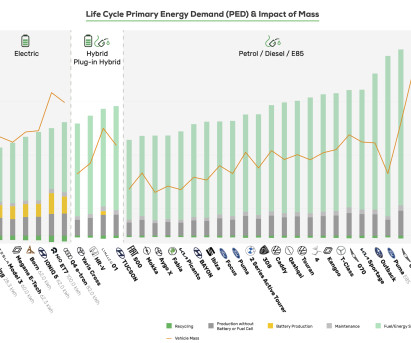

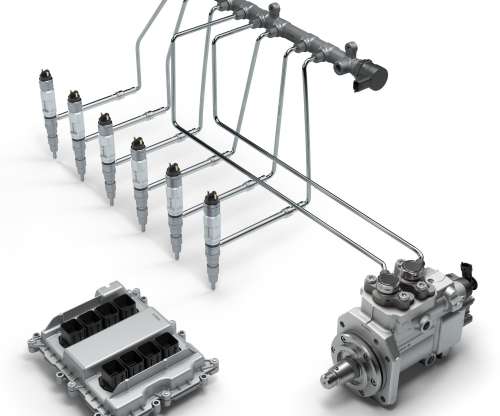




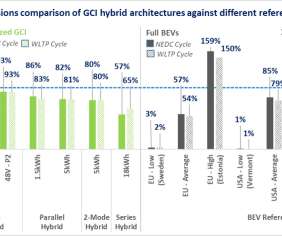




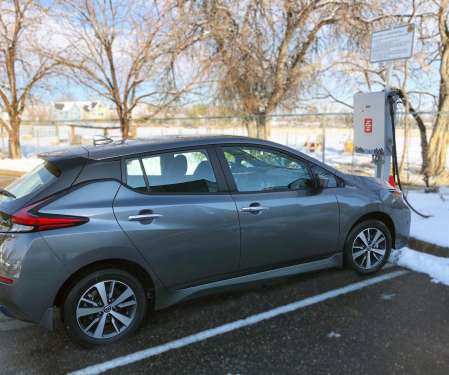
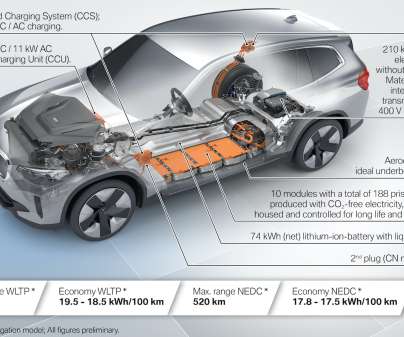



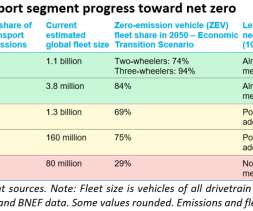








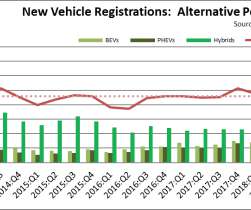



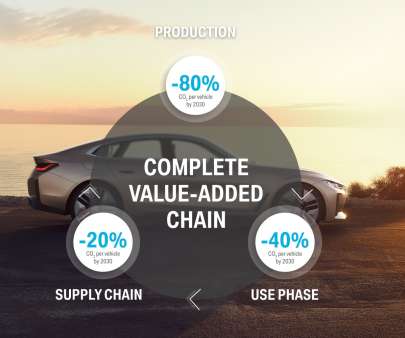




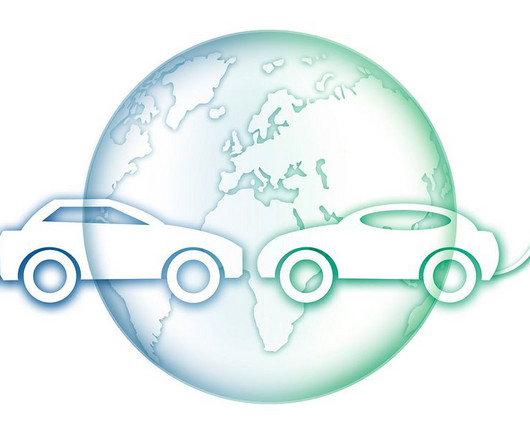
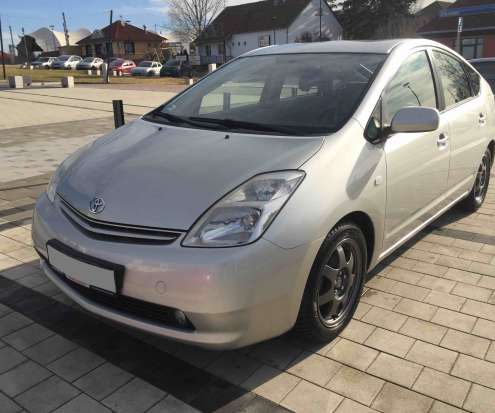







Let's personalize your content